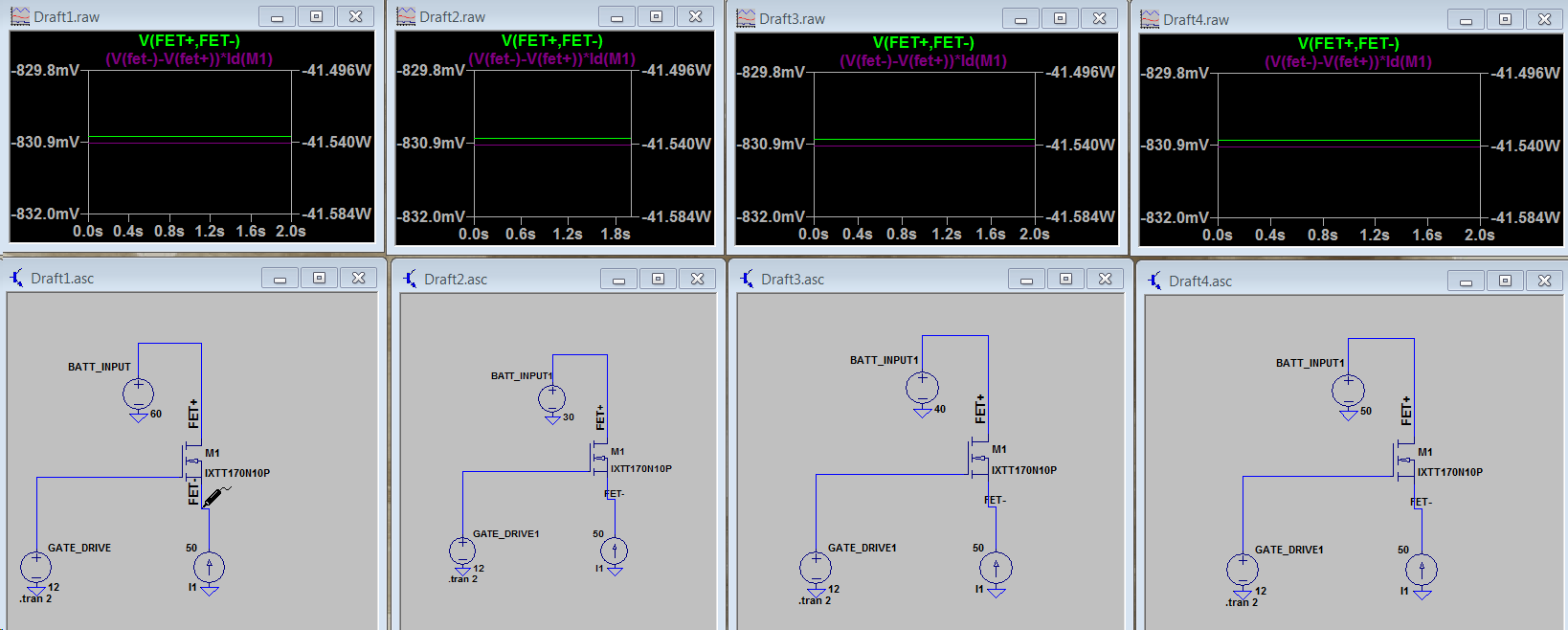It’s his repo so just fork it and do whatever you want.

Why not have someone of the community fork the project and then have all your pull request there? That way Benjamin can do things his way , and the community will be able to contribute and progress without having to wait for one man ?
Will Maytech also make VESC6? Has anyone any news from them?
My friend told me that Maytech doesn’t make VESC6, though it’s an open source, but still not easy to make it. It has higher requirement for RD teams. But I heard that Flispky make it out! I will test it. Sounds good! with half price.
There is no R&D when using an open-source design. It’s only about execution.
In a general sense, when simply just using the open source designs and that’s it, yes.
Has anyone tried Maytech’s 100a vesc4? It seemed to do well in some stress tests. Not sure how much I care about any vesc6 offering if I have a vesc4 that can handle 100a continuous  .
.
Only if you completely trust that source. When putting something on the market its always best to do your own r&d. We trust BV but that doesn’t mean maytech does.
@nw-esk8 … we tested Maytech’s with 1440w (48v / 30a) constant conditioned power in a lab, no airflow, ambient temp about 23 degrees c. It took 10 minutes to get to 100 degrees c. Much better than standard VESC 4.12. About 2x better. VESC 4.12 took 5 minutes.
Same test on FlipSky 6.6 … see data on https://www.electric-skateboard.builders/t/new-vesc-from-china-seems-like-not-only-maytech-is-making-vescs-now/5207/409 thread … did not get over 70 degrees c in 30 minutes.
FlipSky has been responsive, helpful and their hardware knowledge seems good. Can’t really fault them at this point. Still testing.
FWIW, I wish everyone including the vendors would talk in watts … amps are not really the right measure.
Cheers
Won’t watts be worse? Temperature is mainly dependent on current and not voltage AFAIK. Like you can push say max. 40a at 6S or 12S without overheating but the watts will be vastly different.
@Maxid … not as far as I understand. It seems to be the case with some things where only amps matter (eg: wires) … I don’t understand why but say 10 AWG is rated based on amps, but can do up to 600v. The amps matter, the volts don’t so much. Do not understand, but this is the case.
With current running through the controller, it matters. See Vedder’s video where he is demonstrating that the 4.12 VESC can run at ‘34amps all day’ … he was at 21v (from memory), but for sure and certain at 48v, this is not true. We know this, because we tested it in a lab. It can probably run at 600w all day, but not 34a at any input voltage.
There are plenty of people on this forum smarter than me who can explain this. It got a bit of airtime in the other thread I pointed to … you can’t have any amount of volts and I’m certain based on our testing that you’d be creating vastly different load with 40a @ 6s Vs 12s. You might not overload them at 12s, but it doesn’t mean the load is the same.
You’d could ride it uphill for a long period and monitor it on an app to see . Uphill will draw a lot more current than top speed on flat ground. You’ll max the system out much faster as you’ll draw max amps this way. Obviously depends on your weight etc, but this is a general rule as far as I can understand.
Cheers
Hmm, that’s interesting. People say that temperature is related to current and not watts because formula for heat produced in a resistor is I^2R( I am sure almost everyone here has seen this). But that resistance R might not be a constant like we assumed. Maybe it does change with voltage, then we’ll see the effect you are talking about.
The 4.xx VESCs are famous for going poof above 10S. Wouldnt recommend going past it. Not sure how far down I have to go to make you understand the concept of Voltage and current. But yes. Voltage only describes the potential between to conductors. to carry large currents you need fat cables or pcb traces, no matter of voltage.
Watts are simply a measurement of energy and not only coorelated to electricity.
Correct, By increasing the Voltage, the amps needed to be drawn to produce the energy needed to propell you forwards are less. And the other way around obv.
Resistance Changes with temperature. google superconductors and you’ll understand.
Just from today:
at this point is an unproven conjecture and is no more correct than @amf
Until there are side-by-side tests, it’s just one person’s opinion versus the other.
I am pretty sure @Blasto has done those tests. Up until today I thought we all agreed on P=RI² being the one formula to consider for our electronic systems. I am open to be proven wrong though. @all: who will do those tests and publish them?

using a pseudo random fet, all same circuit, with a 50A load. input voltage varying between 20V to 50V with a 10V increment

All the same drop across the fets
LTspice ftw, what conclution are you trying to reach with the sim? Only the losses?
that input voltage is irrelevant for max current and thermal testing